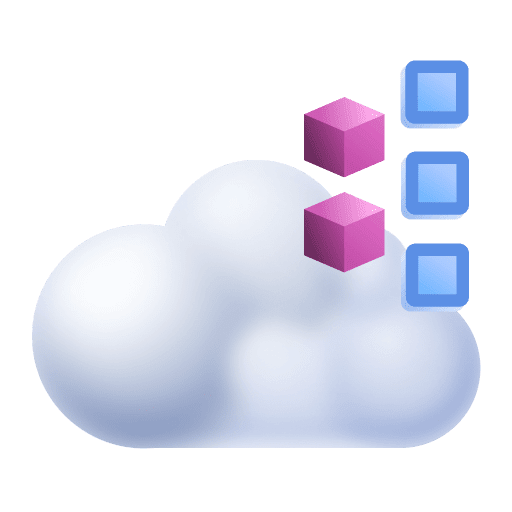OpenTelemetry trace ingest API
- Reference
- Published Feb 14, 2022
Ingests OpenTelemetry traces to Dynatrace. Use this endpoint as a target for OpenTelemetry exporters. For more information, see Dynatrace OTLP API endpoints.
The request consumes an application/x-protobuf payload.
| POST | SaaS | https://{your-environment-id}.live.dynatrace.com/api/v2/otlp/v1/traces |
| Environment ActiveGateCluster ActiveGate | https://{your-activegate-domain}:9999/e/{your-environment-id}/api/v2/otlp/v1/traces |
Authentication
To execute this request, you need an access token with openTelemetryTrace.ingest scope.
To learn how to obtain and use it, see Tokens and authentication.
Parameters
| Parameter | Type | Description | In | Required |
|---|---|---|---|---|
| body | byte[] | An ExportTraceServiceRequest message in binary protobuf format. | body | Required |
Response
Response codes
| Code | Type | Description |
|---|---|---|
| 200 | - | The request has been received and will be processed. |
| 400 | - | The request could not be processed. This may happen if the message is malformed. |
| 413 | - | The OTLP message exceeded the payload size limit. |
| 415 | - | The request was sent with an unsupported content type. This API supports requests in binary protobuf format with content type application/x-protobuf. |
| 500 | - | The request could not be processed due to an internal server error. |
| 503 | - | The service is currently unavailable. |
| 4XX | Error | Client side error. |
| 5XX | Error | Server side error. |
Limitations
- The search of traces/spans by OpenTelemetry resources attribute is limited to the service.name. Use the Service name filter on the Distributed traces page.
- The search of traces/spans by OpenTelemetry span attribute is limited to the span name. Use the Request filter on the Distributed traces page.
OneAgent endpoint
In addition to the OpenTelemetry trace ingest API, OneAgent also provides a local-only OpenTelemetry endpoint for trace ingestion.
This endpoint address is http://localhost:14499/otlp/v1/traces at the default TCP port 14499 (configurable via oneagentctl) and requires a POST request.
Enable the endpoint
The endpoint is disabled by default.
Enable at the environment level
- Go to Settings and select Preferences > Extension Execution Controller.
- Turn on Enable Extension Execution Controller.
- Turn on Enable local HTTP Metric, Log and Event Ingest API.
Enable for a host group
- Go to Deployment Status and then select OneAgents.
- On the OneAgent deployment page, turn off Show new OneAgent deployments.
- Filter the table by
Host groupand select the host group you want to configure.This displays the OneAgent deployment page filtered by the selected host group. Each listed host has a Host group:The Host group property is not displayed when the selected host doesn't belong to any host group.
<group name>link, where<group name>is the name of the host group that you want to configure. - Select the host group name in any row.
As you have filtered by host group, all displayed hosts go to the same host group.
- In the host group settings, select Extension Execution Controller.
- Turn on Enable Extension Execution Controller.
Enable for a single host
- Go to Hosts (previous Dynatrace) or
 Hosts Classic.
Hosts Classic. - Find and select your host to display the host overview page.
- In the upper-right corner of the host overview page, select More (…) > Settings.
- In the host settings, select Extension Execution Controller.
- Turn on Enable Extension Execution Controller.
Comparison of ingestion API and OneAgent endpoint
Ingestion API
OneAgent endpoint
- Supports all OpenTelemetry signals (traces, metrics, logs)
- No automatic information enrichment
- SSL and authentication
- Automatic information enrichment
- No support for metrics and logs (only traces)
- No authentication